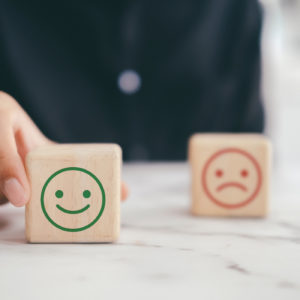“I knew data would be important for generating insights and measuring progress, but I didn’t anticipate it would be centrepiece of many upstream efforts.” – Dan Heath, Upstream
It is hard to overlook the groundswell of deeply motivated people working across our mental health and addiction sector, forging forward to uncover solutions to some of our most prominent challenges. Time and time again, these people keep creating space in their already full schedules to join virtual meetings to share their collective wisdom about what is working and not working in pursuit of better health outcomes for all.
Benchmarking is just one important tool in our continuous improvement kete. And benchmarking by the people, for the people, is one of the KPI Programme’s unique points of difference.
All over the world, benchmarking continues to be used as an important mechanism for driving innovation and action to implement best practices. By its very nature, benchmarking is an iterative process where practices emerge over time based on collective experience about what actions improve outcomes.
Data-driven benchmarking can also help break down barriers to transformative change and provide critical evidence to inform practice improvements, equipping users to communicate the value of new approaches.
While good benchmarking starts with robust data collection, its full utility is realised when users know how to ask the right questions and understand the data within its context. For our mental health and addiction sector, this means keeping front of mind that all data points reflect the people we serve every day.
It can be easy to get lost in the numbers and without seeking the context of the data in front of us, we run the risk of making decisions and putting effort into initiatives that don’t achieve the desired outcomes.
As a Programme, we remain committed to humanising our national mental health and addiction data set. This is so we are best positioned to facilitate benchmarking practices that equip our sector to keep implementing ‘upstream’ solutions that are transformative for tāngata whai ora, whānau and communities.


 Login / Register
Login / Register Search
Search Menu
Menu

